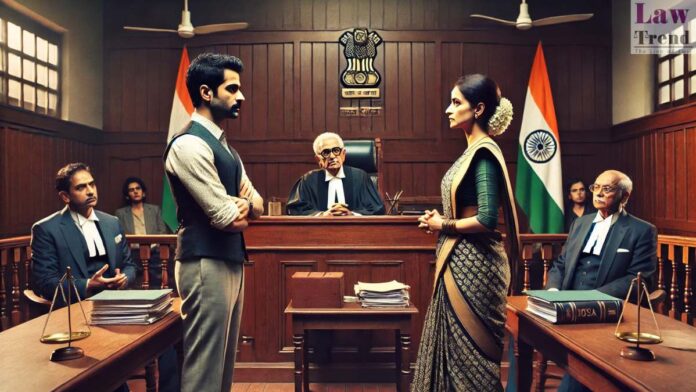The Madhya Pradesh High Court, Indore Bench, has dismissed a husband’s appeal for divorce, holding that his wife’s continued residence in the matrimonial home with his parents, despite being deserted by him for nearly 19 years, demonstrates her commitment to the marriage. A division bench of Justice Vivek Rusia and Justice Binod Kumar Dwivedi ruled
To Read More Please Subscribe to VIP Membership for Unlimited Access to All the Articles, Download Available Copies of Judgments/Order, Acess to Central/State Bare Acts, Advertisement Free Content, Access to More than 4000 Legal Drafts( Readymade Editable Formats of Suits, Petitions, Writs, Legal Notices, Divorce Petitions, 138 Notices, Bail Applications etc.) in Hindi and English.




